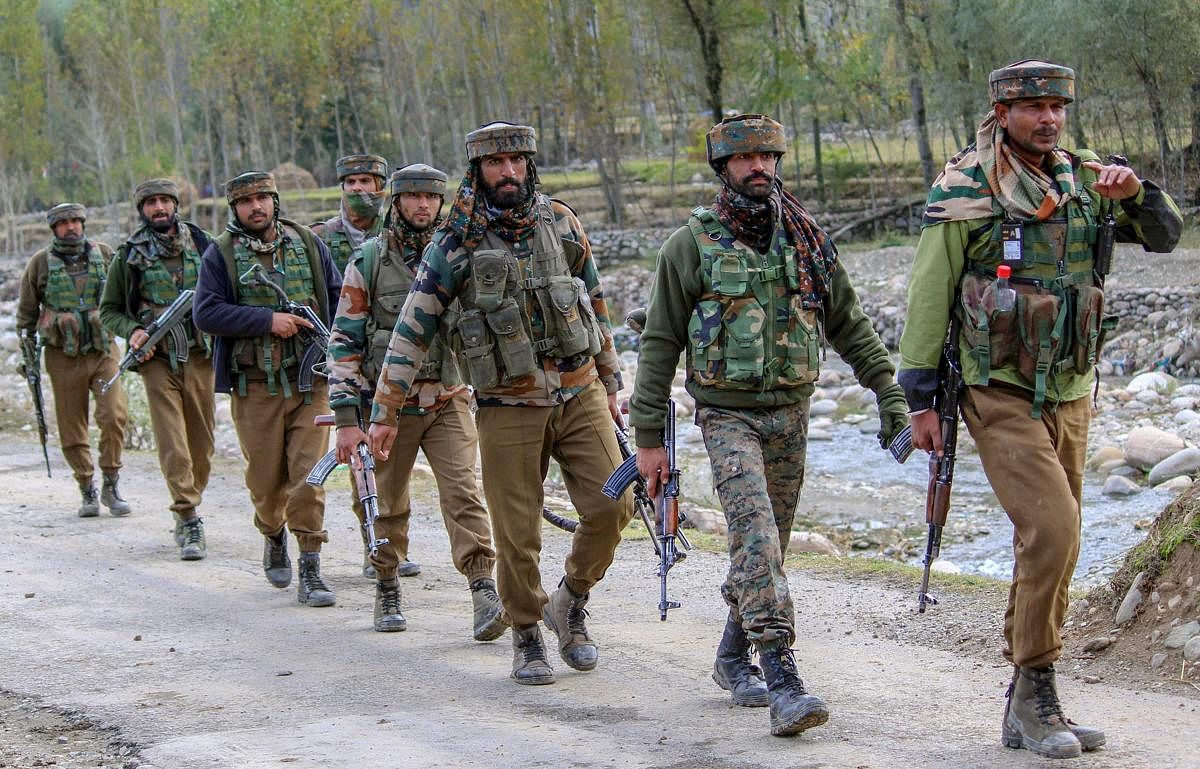The Supreme Court’s order rejecting the petition of over 700 army personnel challenging the lodging of FIRs against them in connection with fake encounters and extra-judicial killings in the North-Eastern region and Jammu & Kashmir should reaffirm the importance of upholding the citizens’ fundamental rights even in difficult situations. The petitions had also challenged the court’s order in 2016 toning down the provisions of the Armed Forces (Special Powers) Act (AFSPA) so that it did not give the personnel the right to use “excessive or retaliatory’’ force. The case had received much attention because it sought cancellation of FIRs filed in about 100 of 1,528 cases of alleged extra-judicial killings by the armed forces between 1985 and 2010 in Manipur alone. The central government also supported the petition and the army personnel’s argument that filing of cases against them would have a demoralising effect on the forces because they worked in “difficult situations’’.
The court rejected these contentions and told the government to find a mechanism that strikes a balance between operations against extremists and protecting the rights of innocent people. At present, the immunity against legal action given by the AFSPA to forces operating in conflict areas is wantonly misused to kill, ill-treat and harass ordinary people. It is not realised that the special powers of the forces should not be used in a way that the basic rights of people are denied and violated. The large number of killings of civilians and incidents of rape and molestation, illegal searches and other wrong activities are pointers to the misuse of the law. When there is loss of life in an encounter, human life is involved. The right to life is basic, and the court said that “if somebody loses his life like this it should be looked into and investigation should be done’’.
The idea that the armed forces that operate in areas hit by militancy or insurgency need special powers which give them complete immunity has been widely questioned. Very often, misuse of the powers alienates the civilian population and that makes the fight against insurgencies much more difficult. But the demand for repealing or amending the AFSPA has faced stiff opposition from the armed forces, the defence ministry and other sections which believe that only the use of the big stick will yield results. There is resistance even to withdrawal of the AFSPA from areas where the situation has improved. The court’s judgement should again serve as a reminder of the dangerous potential of the law. It should also clear all the hurdles in the investigation of the cases which the court has referred to the CBI.
